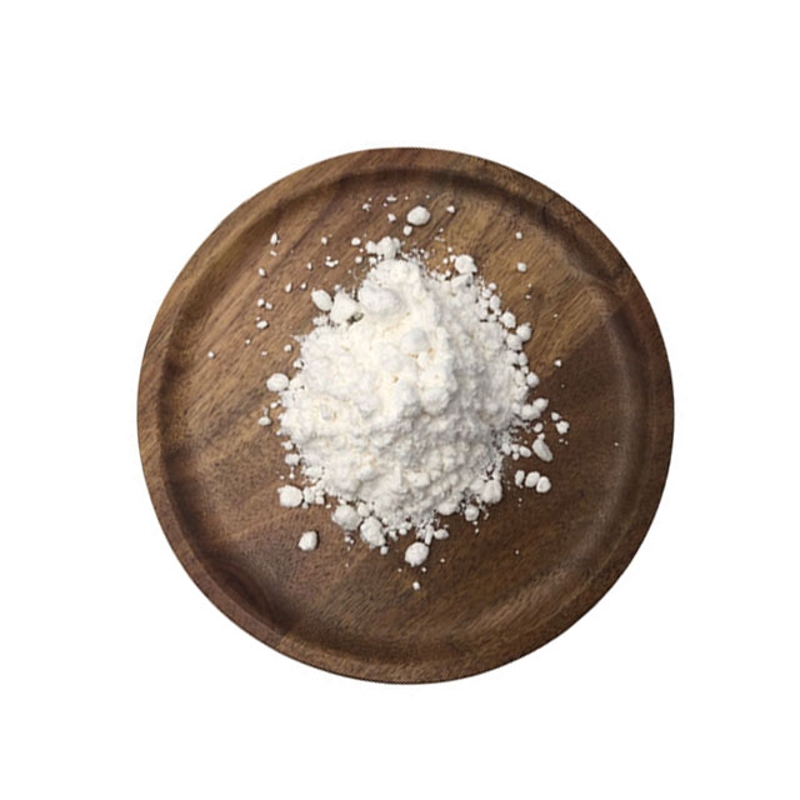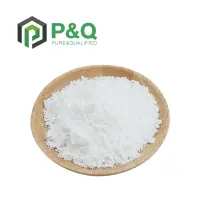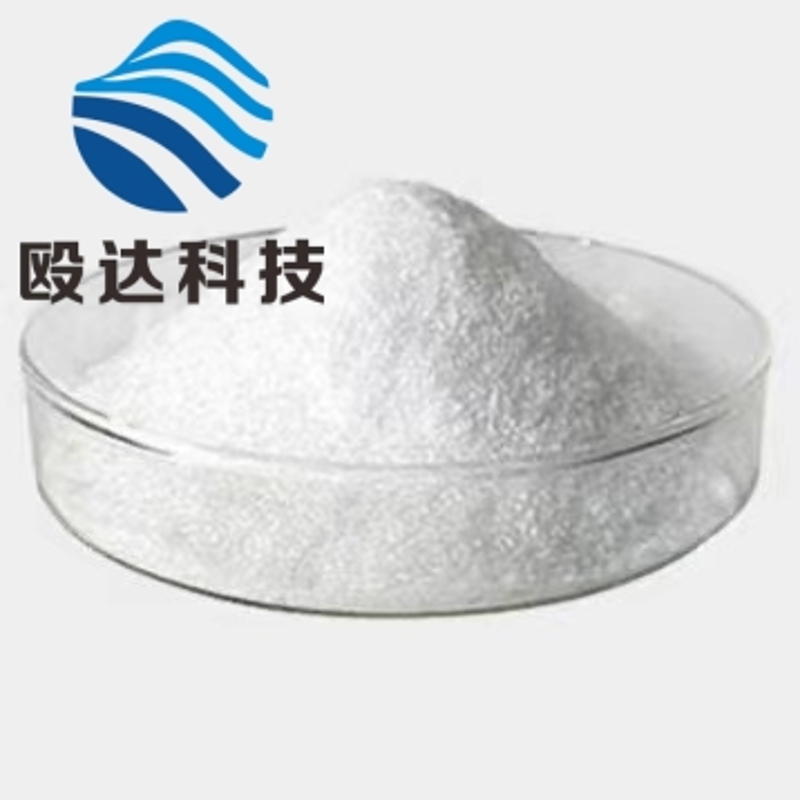-
Categories
-
Pharmaceutical Intermediates
-
Active Pharmaceutical Ingredients
-
Food Additives
- Industrial Coatings
- Agrochemicals
- Dyes and Pigments
- Surfactant
- Flavors and Fragrances
- Chemical Reagents
- Catalyst and Auxiliary
- Natural Products
- Inorganic Chemistry
-
Organic Chemistry
-
Biochemical Engineering
- Analytical Chemistry
- Cosmetic Ingredient
-
Pharmaceutical Intermediates
Promotion
ECHEMI Mall
Wholesale
Weekly Price
Exhibition
News
-
Trade Service
Forgetting children in the car is the worst nightmare for parents, but some experts say that even for the most important tasks, our memory ability will be hijacked by simple things, such as lack of clues
Harvard psychologist Daniel L.
Schacter said: "One of the points I made there is that when you need to retrieve clues, it does not show up, you can almost forget anything, which I have never thought of
To commemorate the 20th anniversary of the publication of his seminal book, Schacter released an updated version that includes some of the latest ideas on memory research
Daniel L.
Schacter believes that the concern that technology is destroying our memory abilities is exaggerated, although he admits that technology does seem to have some negative effects on "special task effects
He cited some experiments in which people who were required to use GPS for simulated route navigation later had worse memory of the route than people who did not use satellite navigation systems
Schacter said that advances in technology have also helped researchers better understand the nature of real and false memories
Schacter found that areas of the brain related to language and auditory processing showed more active activity.
Many people think that this work may have a profound impact
"But in court, of course we want to know a person's memory.
Neuroimaging research also reveals how the brain’s memory process is connected to the way our complex neural network imagines future scenes, and even the way it creates false memories
"The surprising conclusion of this study is that when you recall things in the past compared to the control task, or imagine future things compared to the control task, the brain map looks very similar
But sometimes this process leads to the wrong combination of past experience
.
Schacter said that there is some functional magnetic resonance imaging (fMRI) evidence that “this kind of situational reorganization process will lead to the restoration of false neural patterns, which makes us mistakenly believe that we have experienced something that we have not experienced
.
”







